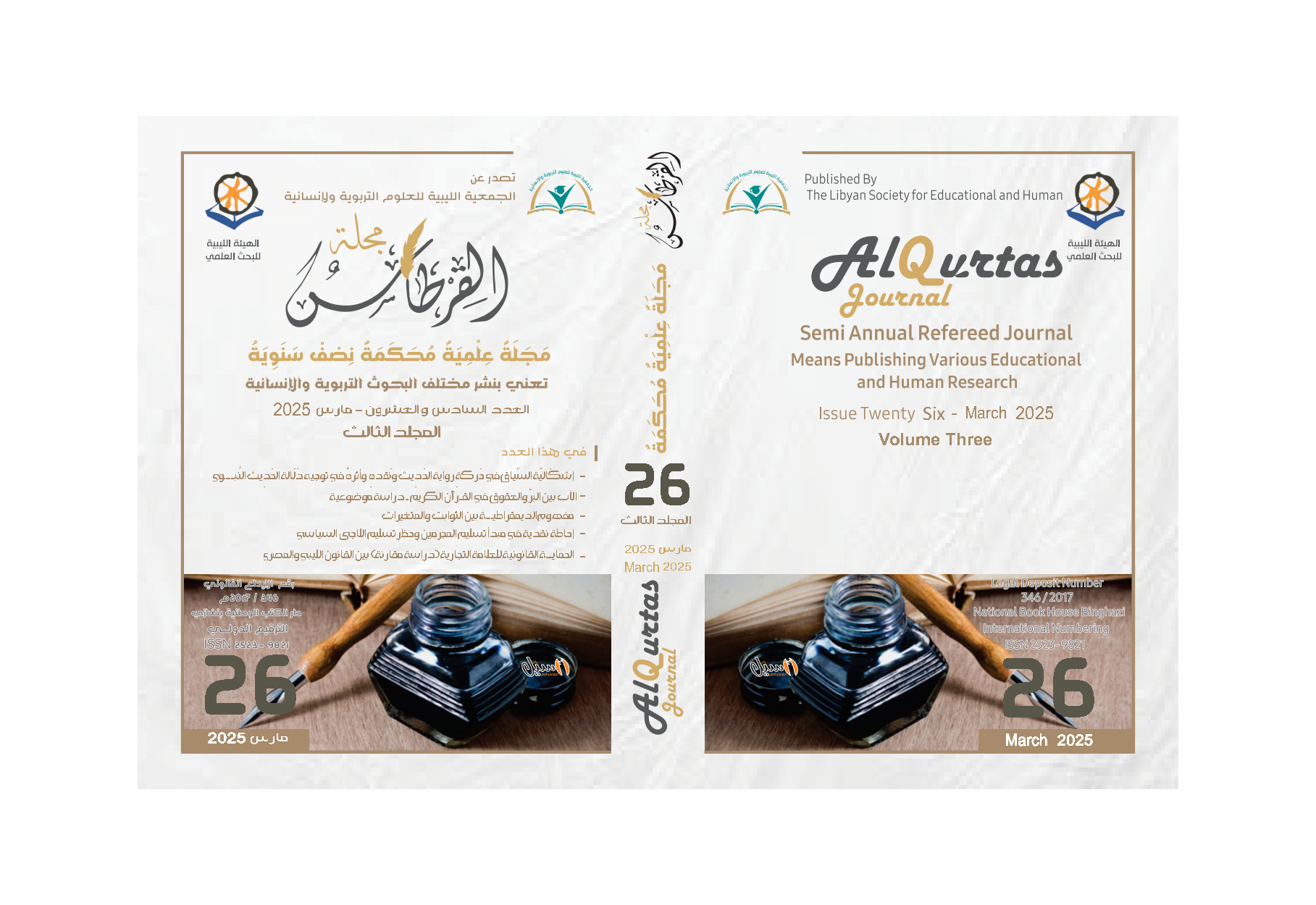The Extent of State Liability for Blood Money in Cases of Murder Victims with Unknown Perpetrators Between Islamic Jurisprudence and Positive Laws
Main Article Content
Abstract
This study examines the extent of state liability for the payment of blood money (diyah) in cases of a murder victim with an unknown perpetrator, comparing Islamic jurisprudence and positive legal systems. It highlights the importance of al-qasāmah (the oath-based procedure) as a mechanism for dealing with homicide cases recorded against unknown persons. The paper traces the shift from tribal, neighborhood, and village responsibility to state responsibility, taking into account the jurisprudential perspective on modern state developments. These developments include the state’s exclusive authority to use force and enforce the law, as well as its obligation to provide security, safeguard lives, and administer justice. Meanwhile, the role of the tribe and neighborhood has receded significantly, and the concept of citizenship has become firmly established as a basis for reciprocal rights and obligations. Islamic law preceded many Western legal theorists in recognizing numerous rights for the heirs of a murder victim with an unknown killer, ensuring that the victim’s life is not disregarded. Practically, the state committed to compensating them with a full diyah from the public treasury during the time of the Prophet, later upheld by the Rightly Guided Caliphs and subsequent rulers. A significant group of jurists affirmed its obligation, grounding their positions in the Qur’an, the Prophetic traditions, and foundational legal principles. The International Islamic Fiqh Academy issued a resolution detailing this principle, particularly when the perpetrator or the group normally liable (al-ʿāqilah) is insolvent or absent. This resolution has been incorporated into legal codes in many Islamic countries, including Libya, Kuwait, and Saudi Arabia.

